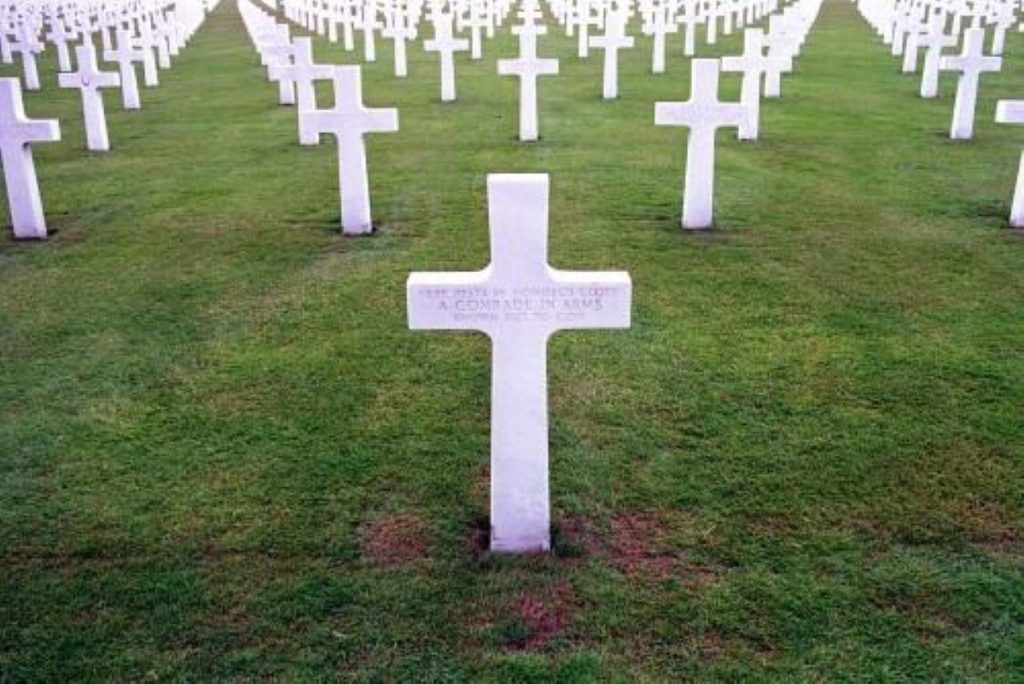Revealed: The Queen’s Speech in the event of World War Three
A speech drafted for the Queen in the event of war with the Soviet Union has been released to the public, revealing a remarkable insight into how the British state thought it could prevent panic in the event of nuclear conflict.
The script is the product of a 'war gaming' session in Whitehall, in which officials played the roles of Margaret Thatcher and her Cabinet as it responded to a simulated attack by the Soviet Union.
The speech plays off the phrase "madness of war", which was first used by the Queen's father, George VI, on the eve of the Second World War.
"Now this madness of war is once more spreading through the world and our brave country must again prepare itself to survive against great odds," the Queen's speech reads.


"I have never forgotten the sorrow and the pride I felt as my sister and I huddled around the nursery wireless set listening to my father's inspiring words on that fateful day in 1939. Not for a single moment did I imagine that this solemn and awful duty would one day fall to me.
"We all know that the dangers facing us today are greater by far than at any time in our long history. The enemy is not the soldier with his rifle nor even the airman prowling the skies above our cities and towns but the deadly power of abused technology," it continues.
"But whatever terrors lie in wait for us all the qualities that have helped to keep our freedom intact twice already during this sad century will once more be our strength."
Queen's World War Three speech in full
The speech was released by the National Archives under the new 20-year rule.
The exercise also featured a series of fake newspaper headlines and ended with a scenario in which Britain announced the use of nuclear weapons against enemy military installations.
Elsewhere in the papers, it is revealed that Britain sent a 'laser weapon' to Falklands but it was never used.
The top secret document from defence secretary Michael Heseltine to Margaret Thatcher reads: "We developed and deployed with very great urgency a naval laser weapon, designed to dazzle low flying Argentine pilots attacking ships, to the task force in the South Atlantic.
"This weapon was not used in action and knowledge of it has been kept to a very restricted level."
On a more lighthearted note, the documents reveal how Thatcher vociferously turned down attempts to make a then 21-year-old William Hague a special adviser at the Treasury.
Hague, who had wowed the Tory conference at the age of just 16, evidently failed to impress the prime minister.
"NO," she wrote, underlining it three times.
"This is a gimmick and would be deeply resented by many who have financial and economic experience."









